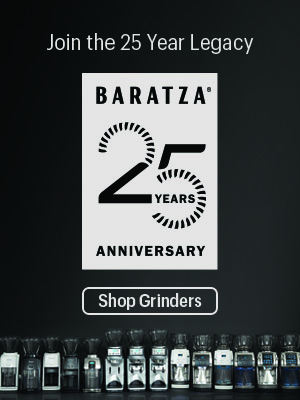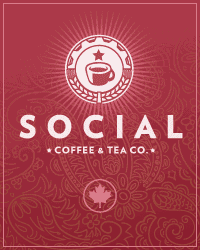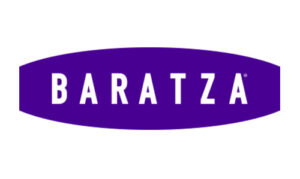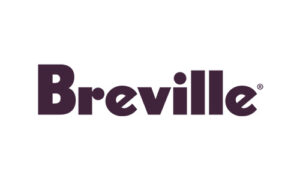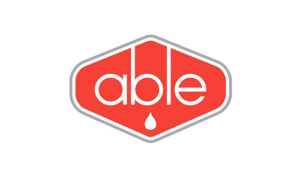I love coffee. I thought I knew a lot about it, even before I knew the words peaberry or Silvia. As long as it was hot and not too bitter I was happy. I was an unconscious newbie. Safe to say, I didn’t know squat. Over the last six months I’ve transformed into a voracious newbie, the kind who’s constantly in search for more. It’s easy if you have a love of coffee and a desire to learn.
There were two events which set me tripping along the coffee enlightenment path. Event #1 was, by chance, discovering CoffeeGeek.com. Wow, facts and opinions galore! No more coffeemaker for me. I’m strictly a vac-pot, press-pot, burr grinder girl from now on. Event #2 was deciding to visit local roasters to get more experience with how coffee ought to taste. Goodbye, grocery store beans. Local roasters are a treasure trove of good beans, cool toys, and information.
The first step to becoming a voracious newbie is to learn as much as possible. A good place to start is the internet. Start at google.com, using their Web feature to search on topics that pique your curiosity. Also, use the Groups feature to read the discussions on alt.coffee. It’s a great place to find answers.
The next step is to seek real world experiences. I can’t be the only newbie who’s been sitting in my house, surrounded by new toys and thinking, “Have I made good coffee?” That’s when it’s time to get out of the house and find some experts. Find local roasters or shops in your area that have friendly, helpful, and knowledgeable staff. Ask questions, request demos, sample beans, absorb knowledge.
Here are some ideas of coffee topics to research on the internet, or ask your experts about.
Plants and Geography
There are different kinds of coffee plants. Find out if you are drinking specialty coffee from the Arabica species of coffee plant. Most bulk coffee (think Folgers) is Robusta, and not considered specialty. The climate, farming, and processing of the country of origin can all affect the final result. Each country also has its own labeling and quality control. Spend some time learning which countries and regions produce your favorite coffees. You may even become loyal to a particular farm or plantation.
Vocabulary
The coffee industry has come up with terms for evaluating coffee. Learning the vocabulary cleared up a lot of my confusion regarding coffee. For example, “acidicy” has nothing to do with the pH of the coffee or its ability to etch glass. It is rather the quality of brightness and sparkle in the flavor. Other qualities include body and sweetness. Body is how the coffee feels in your mouth, syrupy or light. A coffee can be naturally sweet, which is good for Espresso blends.
You will also come across terms to describe the flavor, which can vary by region, roast, and blend. It can be described as chocolaty, smoky, grassy, earthy, etc. Single origin coffees are often famous for a trademark flavor. As you practice tasting you will develop the ability to notice different characteristics.
Learning to Cup Coffee
Learn how to taste coffee. A specialty coffee is going to have flavors and characteristics, based on region and roast, which make it unique. The coffee tasting process is called “cupping” and is similar to wine tasting. The pros have a refined process involving a silver spoon and spitting out the coffee at the end. Horrors!
Here is Snif-n-slurp, a simplified process for tasting.
- Hold your cup of freshly brewed coffee (no sugar or cream) close to your nose and inhale. Notice the aromas.
- Set down the cup and get a spoon (preferably deep and metal). Fill the spoon about halfway with coffee and blow on it a little to cool it.
- Slurp the coffee rapidly, to get it all over the inside of your mouth.
- Notice the feeling of the coffee in your mouth, the flavors on your tongue (tip, sides, back), and the aftertaste.
- Feel free to swallow the coffee.
Practice practice practice! The more coffees you “cup”, the more distinguished your coffee palate will become.
Roasting
Coffee is roasted to tone down grassy and bitter flavors. The longer the beans are roasted, the darker they get. Pretty obvious. The darkness represents caramelized sugars and carbon. Darker roasts will have less inherent flavor from the beans, but more body and carbon taste. The basic distinctions from light to dark are Cinnamon, City Roast, Italian Roast, and French Roast. Beans destined for espresso are usually roasted dark. Each roaster will rate the darkness by their own criteria and give it a name.
Names of roasts generate a lot of confusion for newbies. Beans are sold with names like French Roast, Italian Roast, and City Roast with no mention of the variety or blend. What kind of beans are they? Equally frustrating are beans with a variety or blend name, but no roast information. Sure it’s Sumatra or Bob’s Blend, but how dark are the beans? Be a nosy newbie, and ask when making purchases.
Homework
Equipment and technique, plants and industry, roast and grind; there’s a universe of coffee to learn about. Seek out new coffee experiences. Write about it in a logbook, diary, journal, or whatever works for you. Take notes about your favorite blends and recipes. Avoid the dilemma of not remembering names, web addresses, or demo dates. Remember to enjoy yourself!









